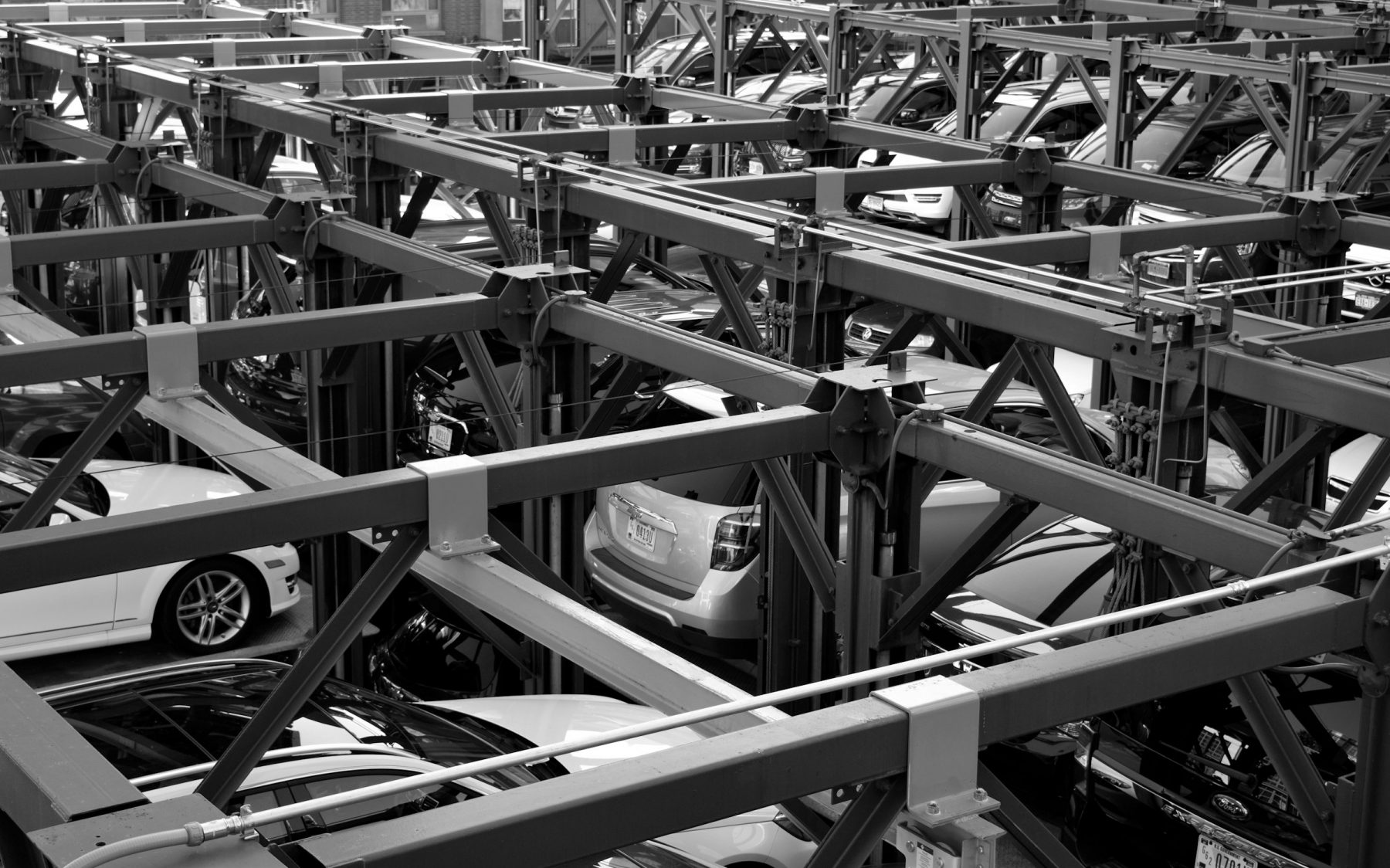by Henry M.
A modern industrial society requires a democratically-controlled economy. Here is an outline of why that’s true
Few clearer exhibits of capitalism’s need for waste arrive in the mailbox than the annual Auto Issue of Consumer Reports. In it are listed and reviewed the multiple automobiles overfilling the categories (sedan, pickup, minivan, etc.) that have evolved since the Tin Lizzie went into production generations ago. (“435 Models Tested” in the 2024 edition.) The waste of labor and material involved in the manufacture of numerous candidates to fit each category, and the implications for democracy, are the subject of this brief diatribe, using the ubiquitous Sport-Utility Vehicle (SUV) as an example.
The SUV is a kind of mix of station wagon, minivan, sedan, and sports car. The general type really is useful, whether electric, hybrid or gasoline-burner. But so many of them!

courtesy of Hyundai Motor Group 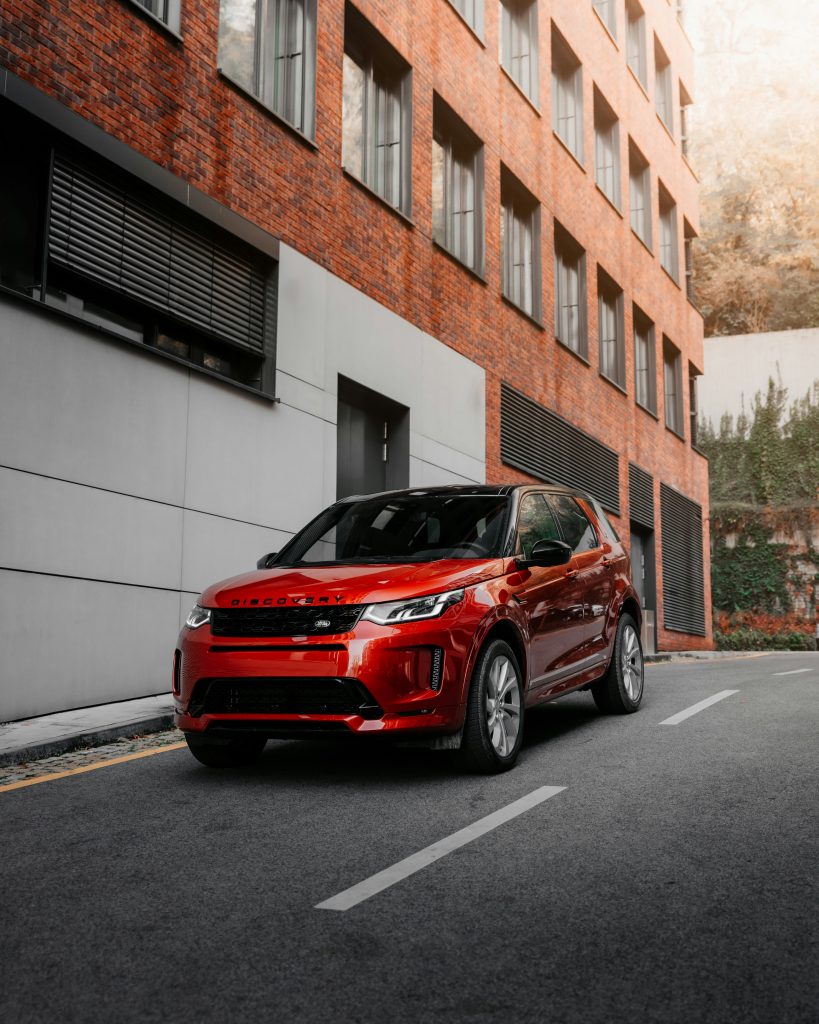
courtesy of Martin Katler 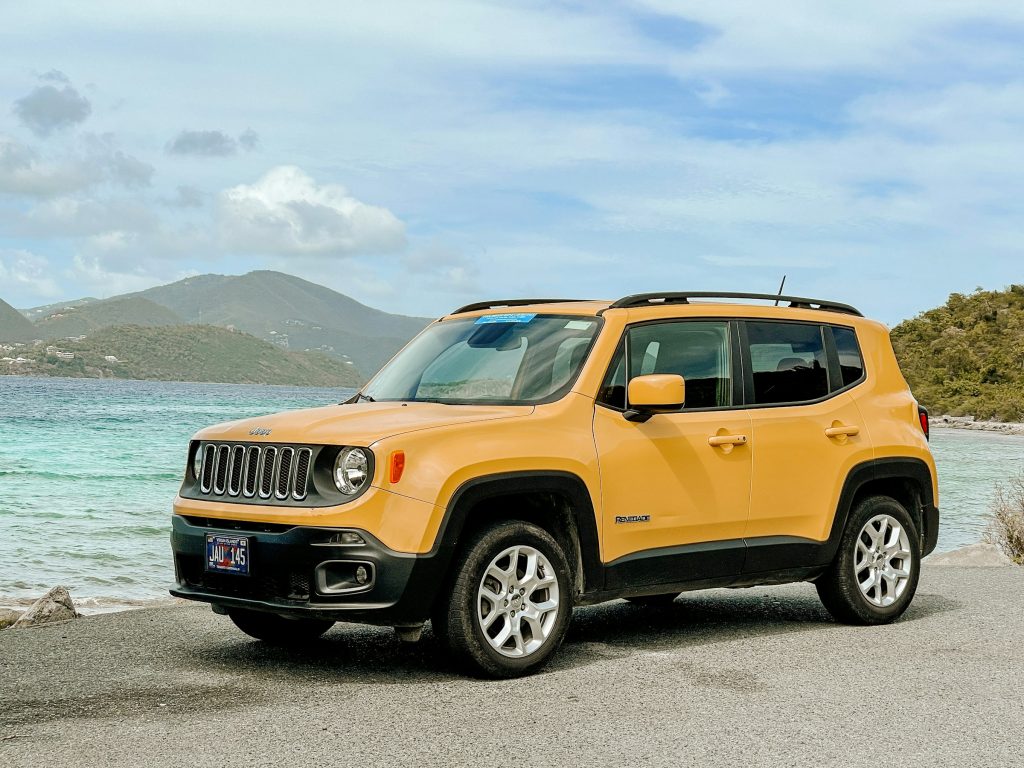
courtesy of Hans Isaacson 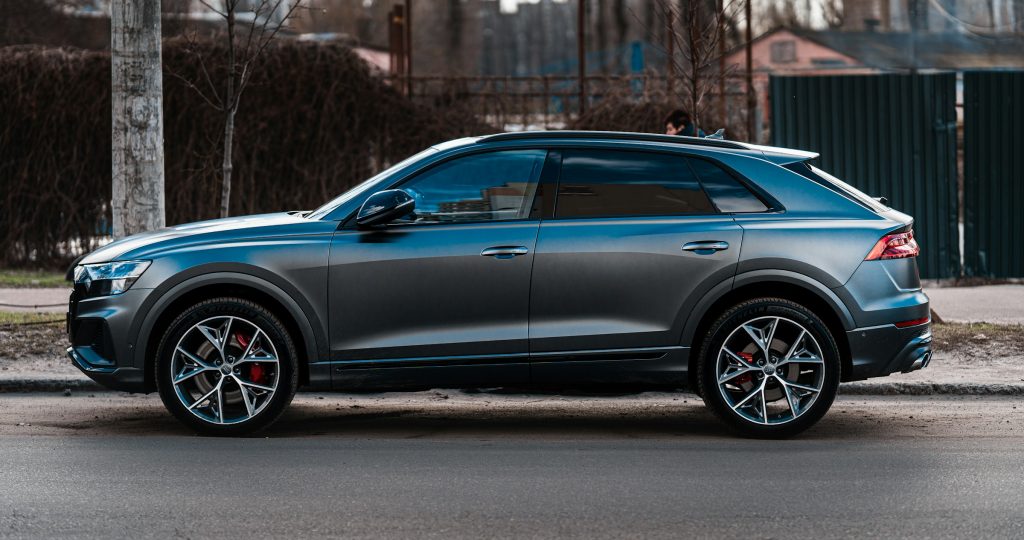
courtesy of Maksym Tymchyk
Ten interchangeable models (with romantic names) just among the “Midsized 3-Row SUVs”! This overpopulation situation comes about because manufacturers want to maximize their profit, to fulfill the dreams of their managers and investors. This drive leads them to try to wrest away a portion of the market from one another. In this effort, they must differentiate their SUVs from those of their rivals. The cost in terms of finance they do not hide. But the hidden costs undercut democracy.
Bringing each SUV to reality and ultimately to the driveway of the buyer is not trivial. Each of the ten requires the fabrication of enormous metal-stamping molds for each body panel, of which there are a multitude on each different model. High-strength steel is fashioned into these giant molds, which must withstand the tremendous forces and the friction associated with crushing a big piece of sheet metal into the desired shape, requiring rare alloying elements.
Moreover, each mating mold pair, male and female, must be designed by skilled tool designers and fabricated by skilled toolmakers. And the body panels themselves: their shape emerges from the combined imaginations of Marketing and Industrial Design. Every swoop and curve, every seam, bulge and fin is wrestled over by trained professionals and reviewed by Management before the tooling is released for production…and they must all fit together perfectly, and not look quite like anyone else’s SUV. (A cursory inspection of a few SUV makes will reveal the differences among, for example, the front fenders.)
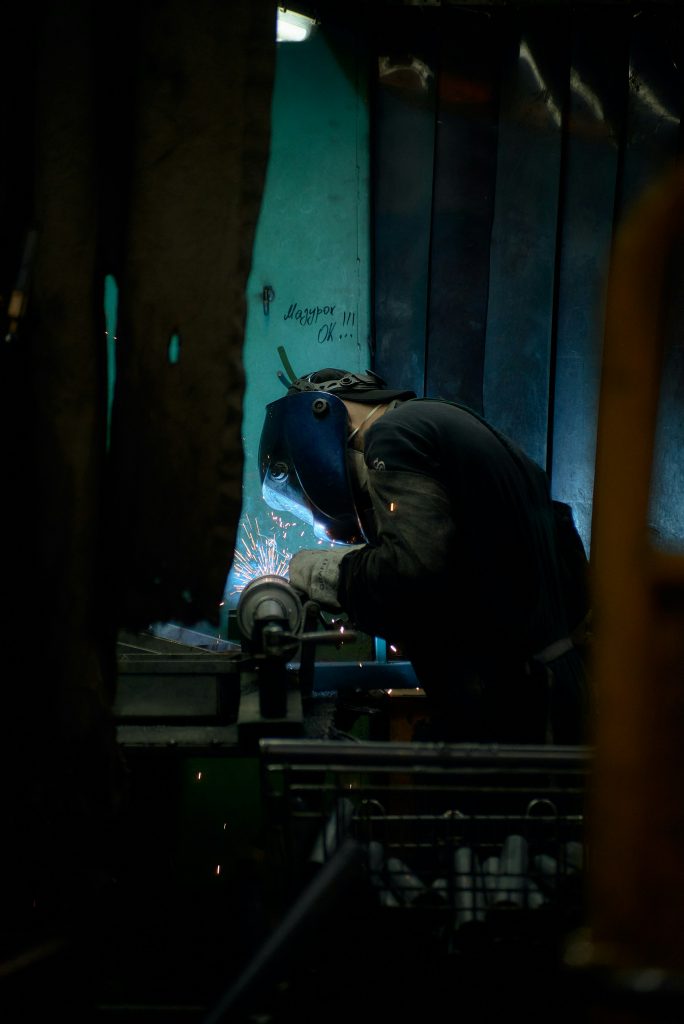
So thousands of labor-hours and refined talent are expended just on the body of each individual model…and that’s without looking at integration of the seats, the dashboard, the wipers, the door latches and the all-important cup holders. All these features, different for each, for every single, 3-row SUV, and we’ve ignored dozens of body categories (two-row SUVs, small sedans, etc.) Each of these models is dumped into the chaos and uncertainty of the marketplace; the makers must wait to see if their huge bets pay off in sales. Secrecy is crucial to profitability, an imperative of competition; none can afford to actually fabricate and test-market their creations among the public, as would be routine in a democratically-directed economy not dependent on secrecy. In the parts of our society permitted to operate along democratic principles, we discuss publicly and know in advance what policies will be adopted…not so when it comes to the operation of our enormous economy!
Now this is a critique of capitalism. So what’s to critique? Well, the flagrant waste. Among other things, the hoary Principle Of Interchangeable Parts is flung down and danced upon; standardization is spurned. If we as an electorate had dictated this state of affairs back in the Martin van Buren Administration and bequeathed it to our progeny for generations to come, it would be one thing. But that’s not how it happened. Over a century ago, when industrialization was young, people who had money to invest joined with others and built physical plants to manufacture cars. Others sought to compete with them. Millions went to work, of necessity, for the resulting corporations. Those manufacturers and their heirs have dominated our economy ever since. In requiring huge percentages of the population to engage in duplication of effort to earn a living, the economy misuses their labor.
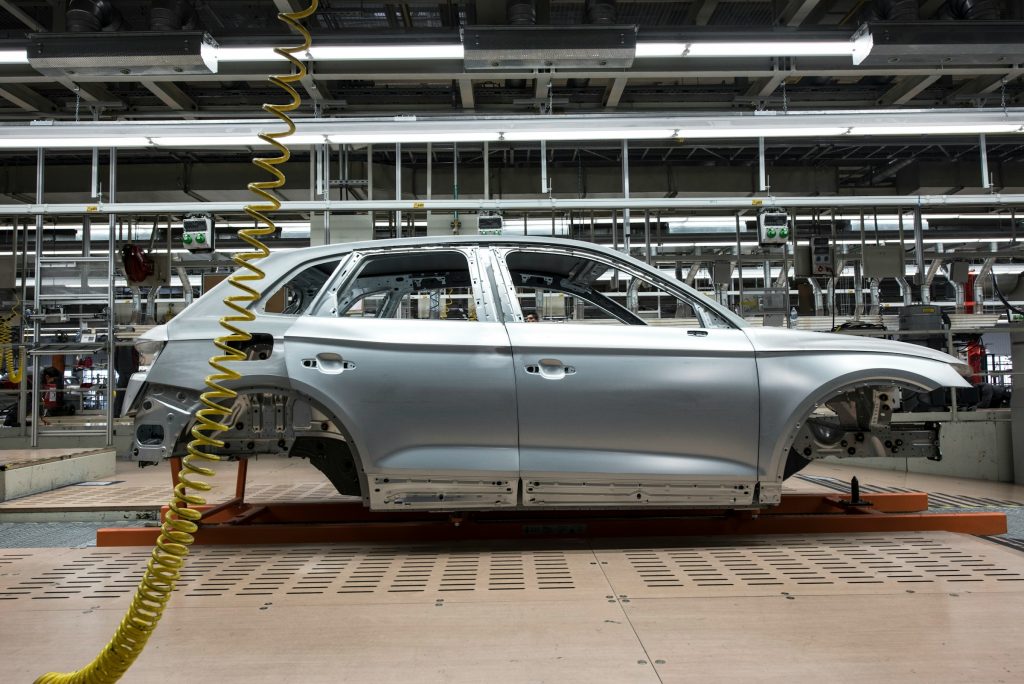
But we are democrats. We believe ourselves capable of making the most important decisions in our society. Given the opportunity, we might not elect to make so many functionally interchangeable, but part-wise unique cars, each with its own infrastructure of parts and dealers. Socialism gives that opportunity.
Only socialism recognizes this silly duplication as a problem and proposes to correct it. Socialism, as a rationalizing force, would place direction and management of such an important part of our economy in the hands of the citizenry, for example through elected managers, like our choice of political candidates in conventional elections. All these manufacturers worked hard to provide us with things we don’t need, wasting resources, clean air and the labor of countless Americans. Socialism, somewhat more fundamentally than police and gender reforms, would impose order and planning, and democracy, on the productive capacities of our economy, and Consumer Reports would become thinner.
Respectable, proud democracy cannot coexist with this wasteful mode of industrial organization.
Henry M is an Automotive and Mechanical Engineer.

